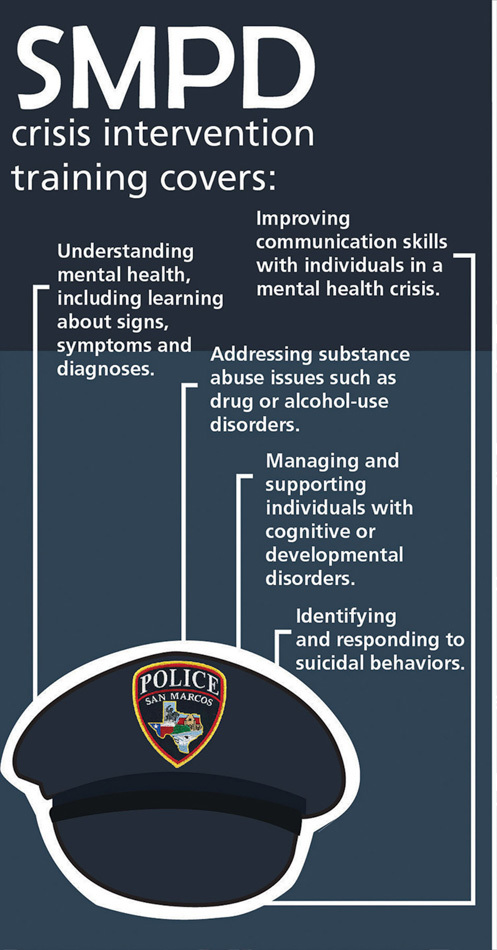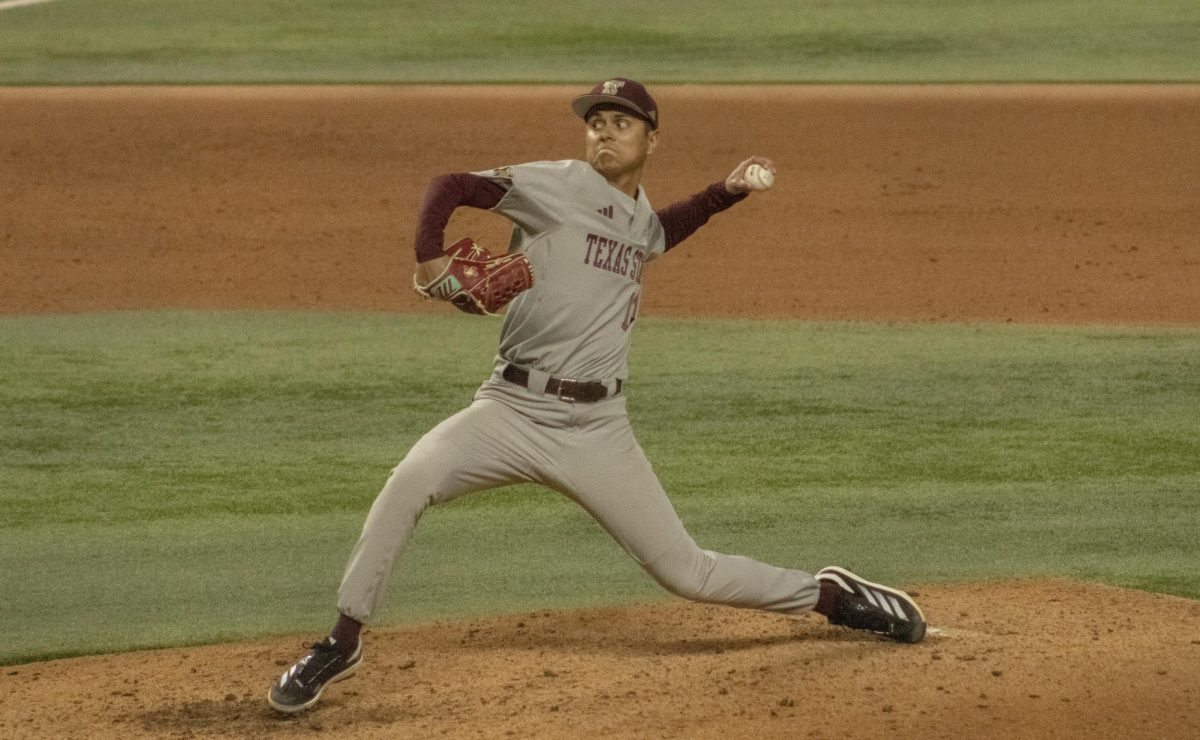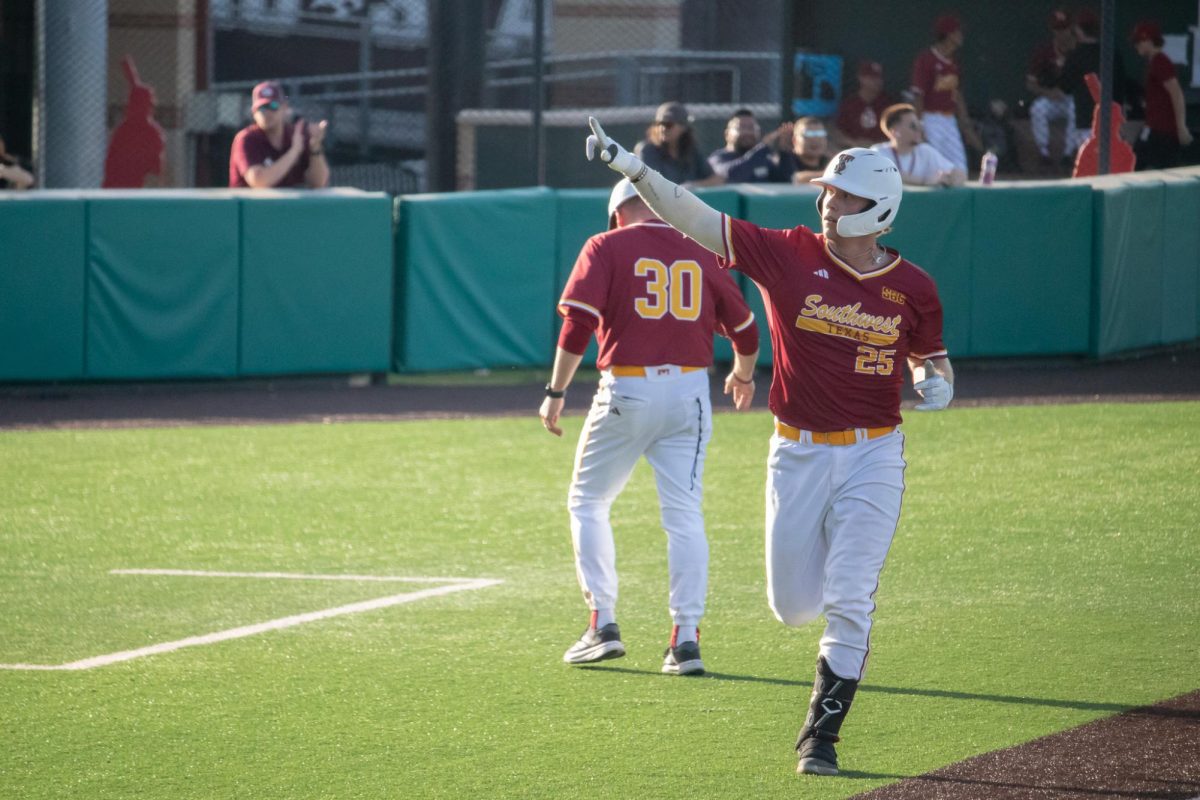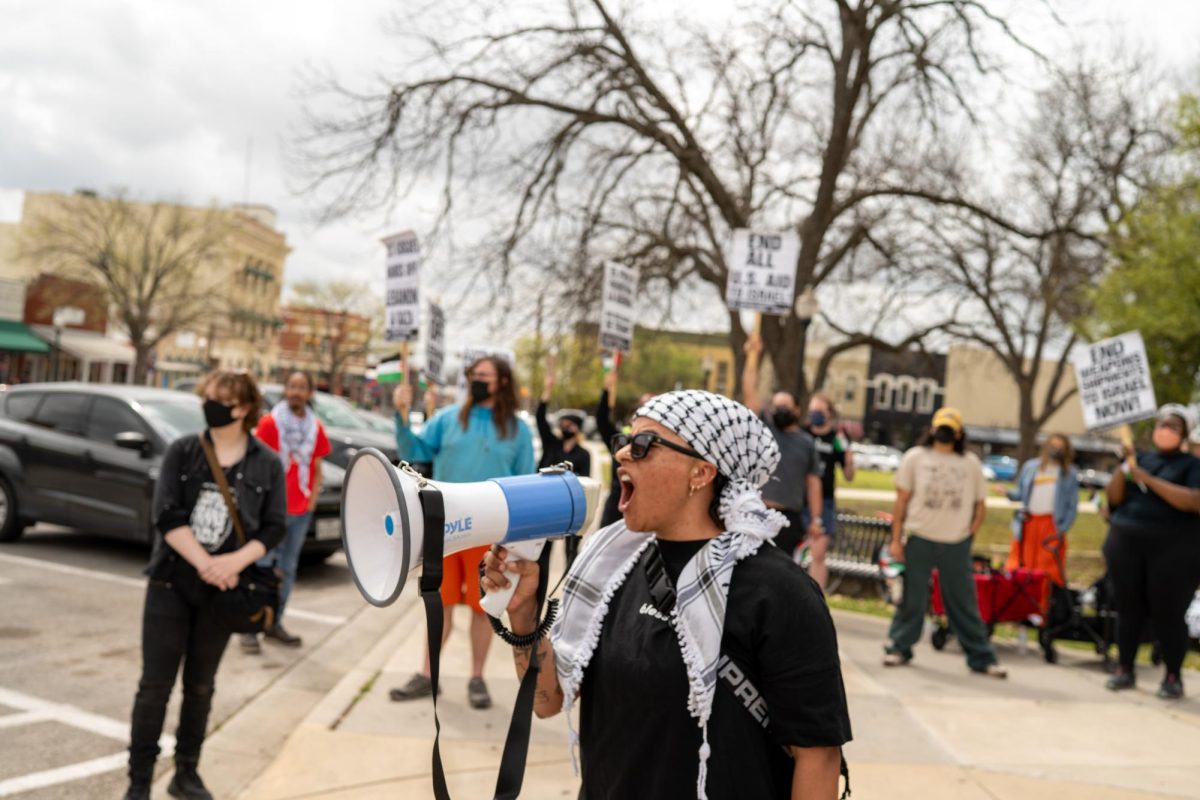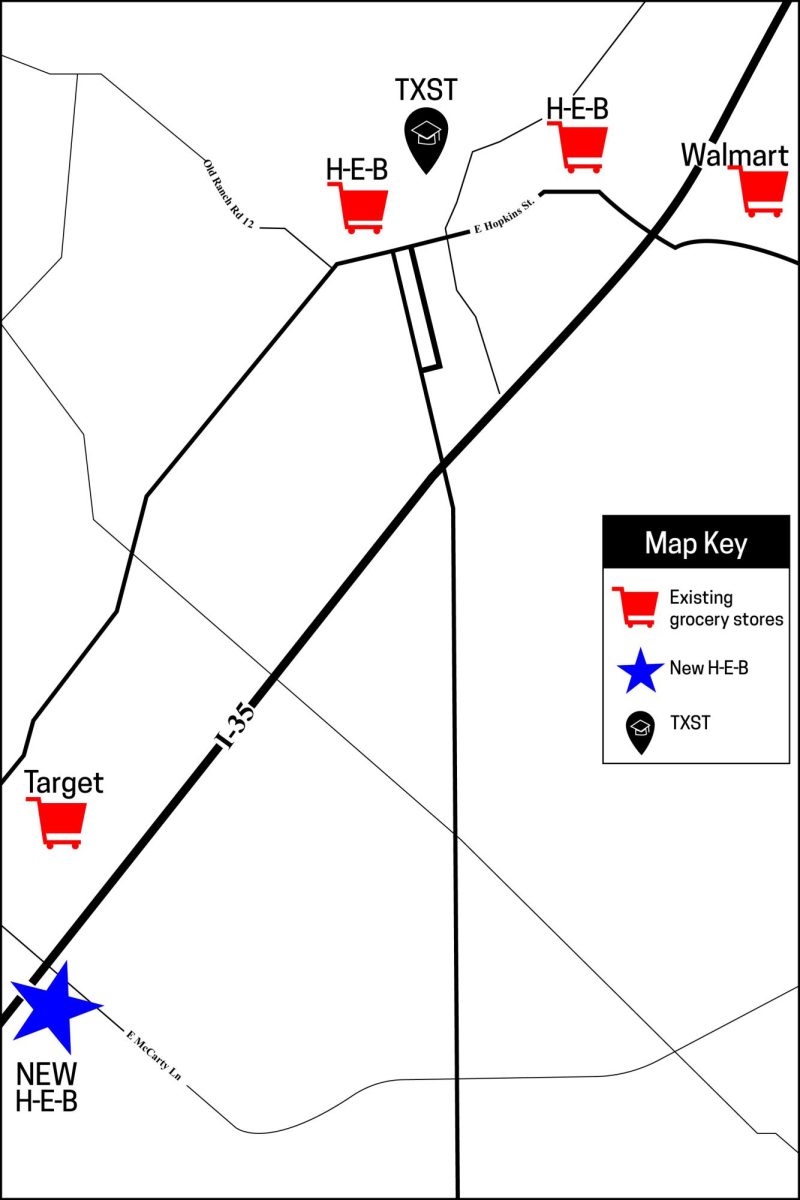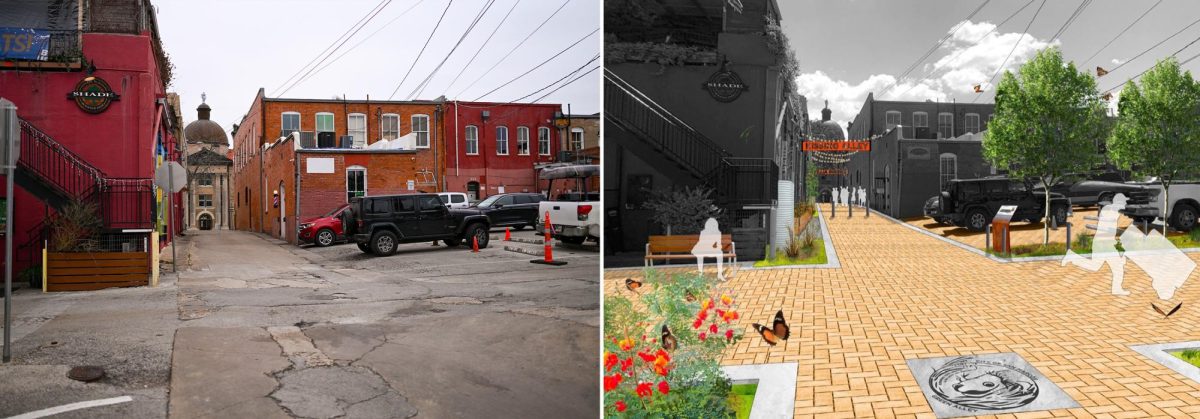The San Marcos Police Department (SMPD) will require all patrol officers to complete a 40-hour crisis communication class by the end of 2025.
According to SMPD, since 2019 all new peace officers are required to complete the Texas Commission on Law Enforcement’s (TCOLE) 40-hour crisis intervention class. Now, all SMPD patrol officers, even those hired before 2019, will be required to complete that same training that the Mental Health Unit and newer officers have.
“The reason it wasn’t required before now was that there were some different mental health courses that were required that [older] officers likely had if they were hired prior to those dates,” Joseph Osborne, the SMPD corporal in charge of the Mental Health Unit, said. “Since there’s a new class, and it’s a good class, the [SMPD Chief Stan Standridge] wants everybody to have it.”
At SMPD’s press conference about the death of Malachi Williams, Standridge said the training would help address a lack of full coverage due to SMPD’s Mental Health Unit’s size.
“The Mental Health Unit is comprised of a corporal and two officers, obviously three people cannot provide 24/7 services, so we are working aggressively to certify more and more of our patrol officers in additional mental training,” Standridge said.
According to Joseph, the TCOLE crisis intervention training covers a broad range of topics related to mental health scenarios and crises that SMPD officers could face.
“To briefly go over some of the topics that are covered in that [training] there is mental health conditions, so diagnosis, signs, symptoms, drugs, alcohol, things of that nature,” Joseph said.
Joseph said the crisis intervention training also covers post traumatic stress disorder, cognitive disorders, developmental disorders and suicidal behavior.
According to Joseph, the crisis intervention training is the exact same training that the officers assigned to the Mental Health Unit and patrol officers hired after since 2019 received.
“Just because they’re assigned to the patrol division, doesn’t mean they don’t receive the same type of training that we do on the Mental Health Unit,” Joseph said. “On the Mental Health Unit we specialize in it, so we respond to those calls every day and really focus on those trainings, but those patrol officers have that same type of training as well.”
Randall Osborne, a professor of psychology at Texas State and Joseph’s father, said he believes additional training is good, but mental health scenarios are very complex.
“I think it is important to convey that there is not a quick fix. Training is valuable, but it will not stop all the moving parts in a [mental health] situation” Randall said.
According to Randall, the training also cannot fully account for the real-world difficulties and variables police face in the field.
“What’s [the officers] most immediate response, the violent threat or the mental health situation? Multiple people observing [the same] situation will react in a different way,” Randall said.
Despite the class being called “crisis intervention training”, Randall expressed doubt that it would allow officers to truly perform a mental health intervention.
“I guess the course is designed to help officers determine and recognize when it is a mental health crisis, to know when a mental health response is needed,” Randall said. “I don’t believe the training is to say officers can do mental health interventions.”
According to Joseph, SMPD has not finalized a policy for how often the training will be refreshed. He said that as a general rule, SMPD tries to refresh training every two or three years.



